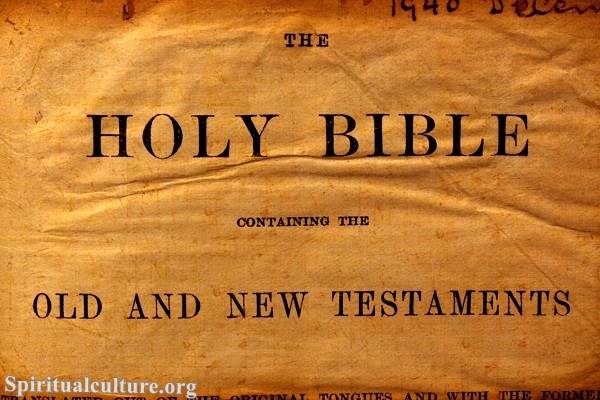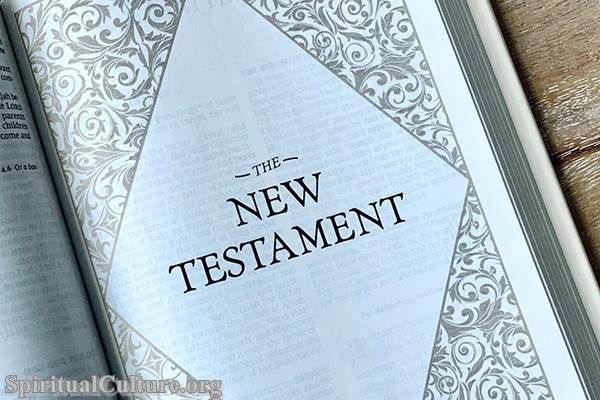The Christianity Bible is divided into two main sections, the Old Testament and the New Testament.
How many books are in the Old Testament?
The Old Testament, also known as the Hebrew Bible, is the first part of the Christian Bible and contains 39 books. It is primarily written in Hebrew, with some parts in Aramaic, and covers the history of humanity from creation to the Jewish people’s return from exile in Babylon.
The books of the Old Testament can be divided into several categories: the Pentateuch (Genesis, Exodus, Leviticus, Numbers, and Deuteronomy), historical books, poetic books, and prophetic books. The Pentateuch lays the foundation for the rest of the Old Testament, describing the creation of the world, the early history of humanity, and the formation of the Jewish people. The historical books provide a detailed account of Jewish history, including the reigns of various kings, the Babylonian exile, and the return to the Promised Land. The poetic books include works such as Psalms, Proverbs, and the Song of Solomon, and offer wisdom and insight into the human condition. The prophetic books contain the messages of the Old Testament prophets, who spoke on behalf of God to the people of Israel and warned of future events.

The Old Testament is considered by many to be the word of God and has been widely accepted and revered as sacred scripture by Jews and Christians for thousands of years. Its stories, characters, and themes have had a profound influence on Western culture and continue to shape the beliefs and values of millions of people today.
How many books are in the New Testament?
The New Testament is the second part of the Christian Bible and contains 27 books. It was written primarily in Greek and covers the life, teachings, death, and resurrection of Jesus Christ, the early Christian Church, and letters from early Christian leaders to various communities.
The New Testament can be divided into four main categories: the Gospels, the Acts of the Apostles, the letters, and the book of Revelation. The Gospels (Matthew, Mark, Luke, and John) recount the life and teachings of Jesus, including his miracles, parables, and sayings. The Acts of the Apostles provide a history of the early Christian Church, including the spread of the gospel and the establishment of Christian communities. The letters, also known as epistles, are 21 letters from various early Christian leaders, including Paul, Peter, James, and John, to various communities of believers. These letters address a range of topics, including Christian doctrine, ethics, and practical advice for living the Christian life. The book of Revelation is a highly symbolic work that presents a vision of the end of the world and the ultimate triumph of God.
The New Testament is considered by many to be the word of God and is widely accepted and revered as sacred scripture by Christians. It serves as the foundation for Christian belief and is the source of much of the theology, ethics, and practice of the religion. The New Testament provides a glimpse into the life and teachings of Jesus and offers guidance and encouragement for believers as they navigate the challenges of the world.
*Note:
It’s important to note that the exact books included in the Bible and their division into the Old and New Testament can vary among different Christian denominations. For example, some Eastern Orthodox denominations include additional books in the Old Testament that are not considered part of the canon by other Christian traditions.
Despite these variations, the 66 books of the Bible have been widely accepted and revered as sacred scripture by Christians for many centuries. They have had a profound impact on Western civilization and continue to shape the beliefs, values, and practices of millions of people around the world today.
Overall, the Bible is considered a central text in Christianity and is considered by many to be the word of God. It is widely read, studied, and discussed in both religious and secular contexts, and its influence can be seen in a wide range of areas, from literature and art to philosophy and politics.

